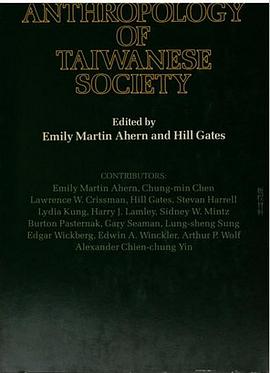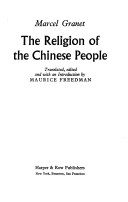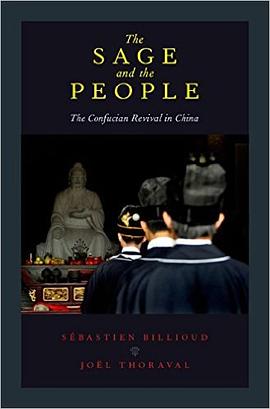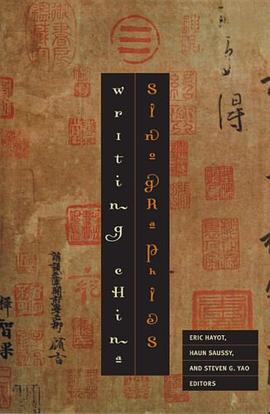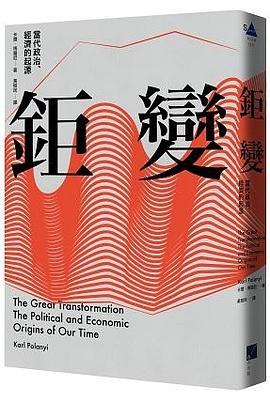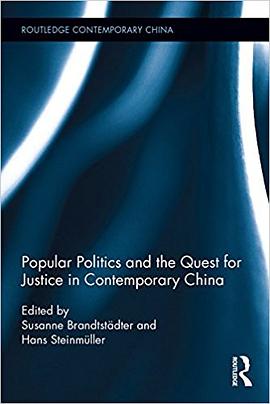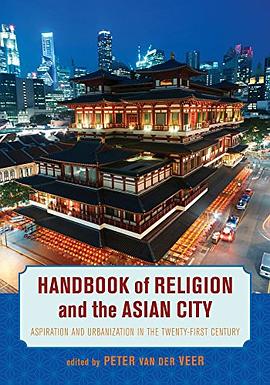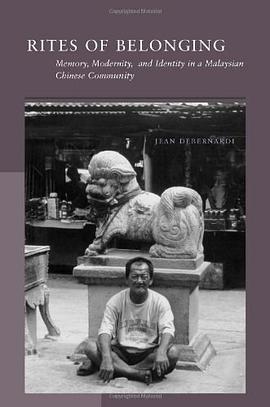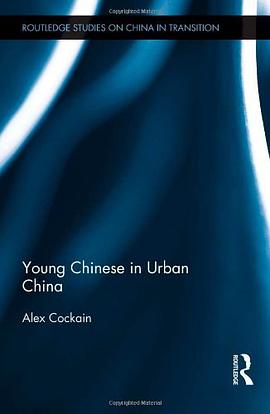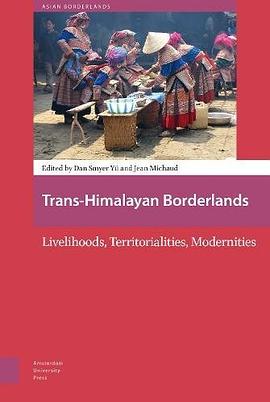

具體描述
A basic fact of Chinese social life and history is the institution of territorial cults and their festivals. They are highpoints of social life. They portray and punctuate a sense of life and death and present a whole picture of Chinese political relations as seen at their popular roots. The images of demons and ghosts and those of protectors against them which festivals and their temples display, are an organisation of Chinese local identification and provide an insight into everyday life and belief in China. It has come to be expected that religions can be named like identities of nations and cultures, or at least knowable doctrines, but Chinese popular religion has no name. It is not a religion of a book, nor is it the named religion of China - Daoism. The popular religion includes some elements of both Buddhism and the imperial cults, more of Daoism, but it is identifiable with none of them.
It is a religion of the common people, but not 'of the people' in the sense of a national population's mass culture. It is popular in the sense of being local and true of the China of the Han, or Chinese-speaking people, where every place had or has its local cults and the festivals peculiar to them. The custom of local festivals and temples is not as well known as that of ancestor worship and clan and lineage, but Stephan Feuchtwang shows that it is as distinctive an institution. The Imperial Metaphor will be of great interest to anthropologists, historians, students of religious studies, and Chinese and China Studies, as well as the general reader.
著者簡介
王斯福(Stephan Feuchtwang)現為倫敦經濟學院(LSE)人類學係兼職教授。研究領域包括人類學理論與中國民間宗教、各文明之比較研究與曆史人類學。最近的齣版物包括有其作為主編的論文集《製造地點:國傢計劃、全球化與中國的地方反應》(Making Place: State projects, globalisation and local responses in China, UCL Press 2004)、與王銘銘閤寫的著作《基層卡理斯瑪:中國的四種地方領袖》(Grassroots Charisma: Four local leaders in China, Routledge 2001),另外,還有最近發錶在《皇傢人類學刊》上的論文“論作為順從與過度交流的宗教儀式”('On religious ritual as deference and excessive communication' Journal of the Royal Anthropological Institute 2007 vol 13 no 1 pp 57-72)。曾經擔任過英國中國研究學會會長(1999—2002),1996年至今為《人類學批判》(Critique of Anthropology)雜誌主編之一,並在中國多所大學有過演講,包括北京大學、中國農業大學、中央民族大學等。
圖書目錄
2. The annual apocalypse
3. Official and local cults
4. Local festivals and their cults
5. The incense-burner: communication and deference
6. Daoism and its clients
7. Ang Gong, or the truth of puppets.
· · · · · · (收起)
讀後感
与西方不同,中国传统社会有着相当多的地方性神灵——其中最为人所熟知的就是城隍以及因造福本地而成神的历史人物。按中国人的逻辑,他们接受一方百姓的供奉,就要保一方的平安,双方形成一种契约关系;而人们对这些服务于本社区的神灵的祈祷,也更类似于对基层官员的陈情。因...
評分翻译赵旭东这个人算是出名了。我在忍无可忍之下,专门人肉搜索了他。这个人,98年就博士毕业,居然在讲师的位置上熬了7年,才升为副教授。也难怪,如此一个没有责任心的人,除了靠熬年头混饭吃,还能有什么作为呢? 如果有可能,我想重新看看这本书的一些原版章节。
評分 評分1966年,伴着海峡一边“破四旧”的喧嚣,一位年轻的英国学者来到台湾,展开关于中国地方社会的人类学调查,从而开始了其学术生涯。这位年轻人硕士论文的主题是中国的风水,他对于中国民间五色杂揉的信仰体系怀有浓厚的兴趣,这个人便是王斯福。 其实当年王斯福曾是一位...
評分,,书我的是推荐的,但是请有能力的同学读原文吧,因为花的时间和你读译本的时间估计差不多。本来以为就我自己读不懂,还捶胸顿足的感慨了几天,后来一看,豆友们都读不懂,建议大家读原文,哎。听过一个搞翻译的老师说过这种情况,说那不是译者外语不好,是他中文不好,我想...
用戶評價
原文沒翻譯本那麼難讀
评分原文沒翻譯本那麼難讀
评分原文沒翻譯本那麼難讀
评分原文沒翻譯本那麼難讀
评分原文沒翻譯本那麼難讀
相關圖書
本站所有內容均為互聯網搜索引擎提供的公開搜索信息,本站不存儲任何數據與內容,任何內容與數據均與本站無關,如有需要請聯繫相關搜索引擎包括但不限於百度,google,bing,sogou 等
© 2025 book.quotespace.org All Rights Reserved. 小美書屋 版权所有


